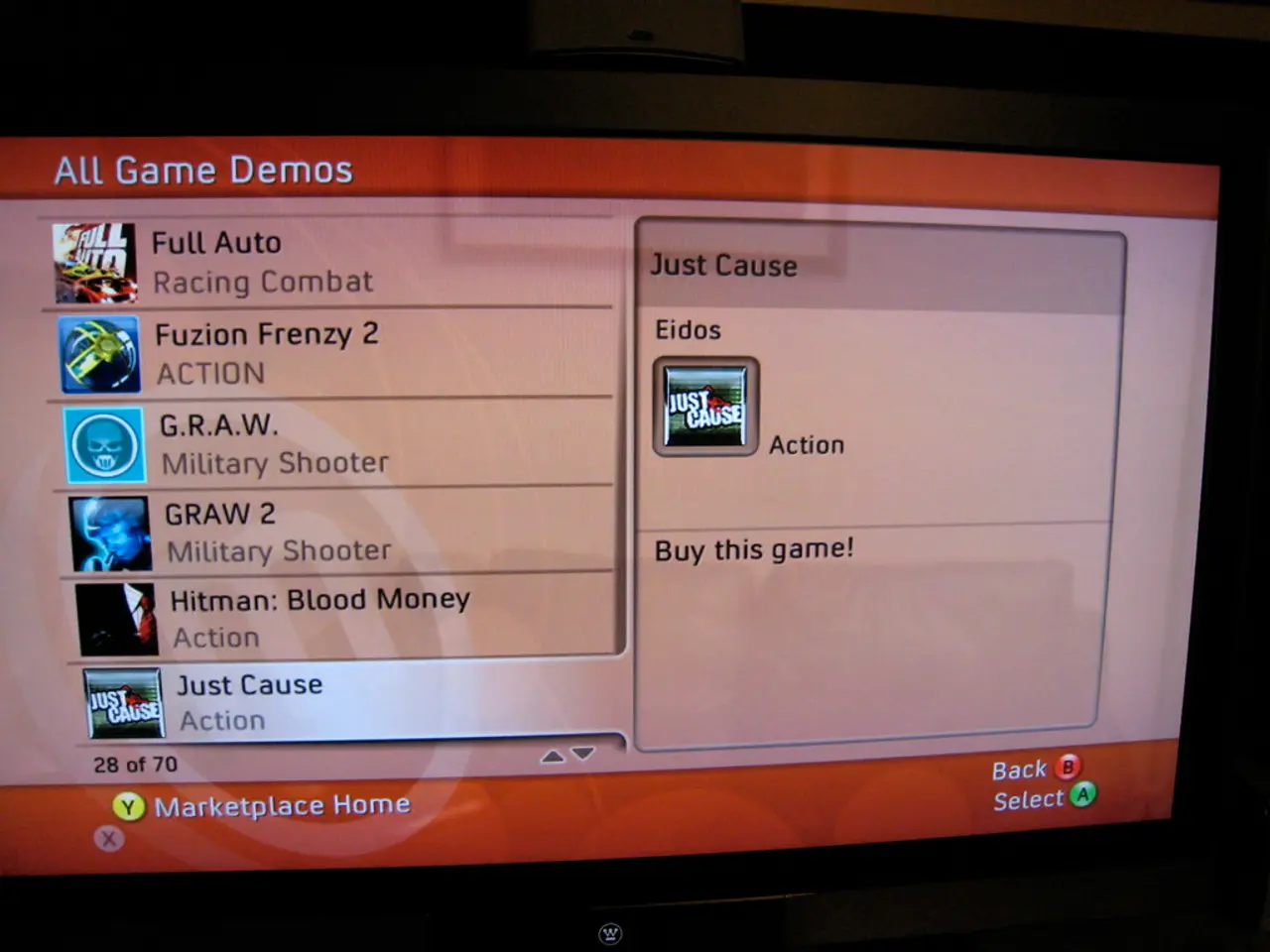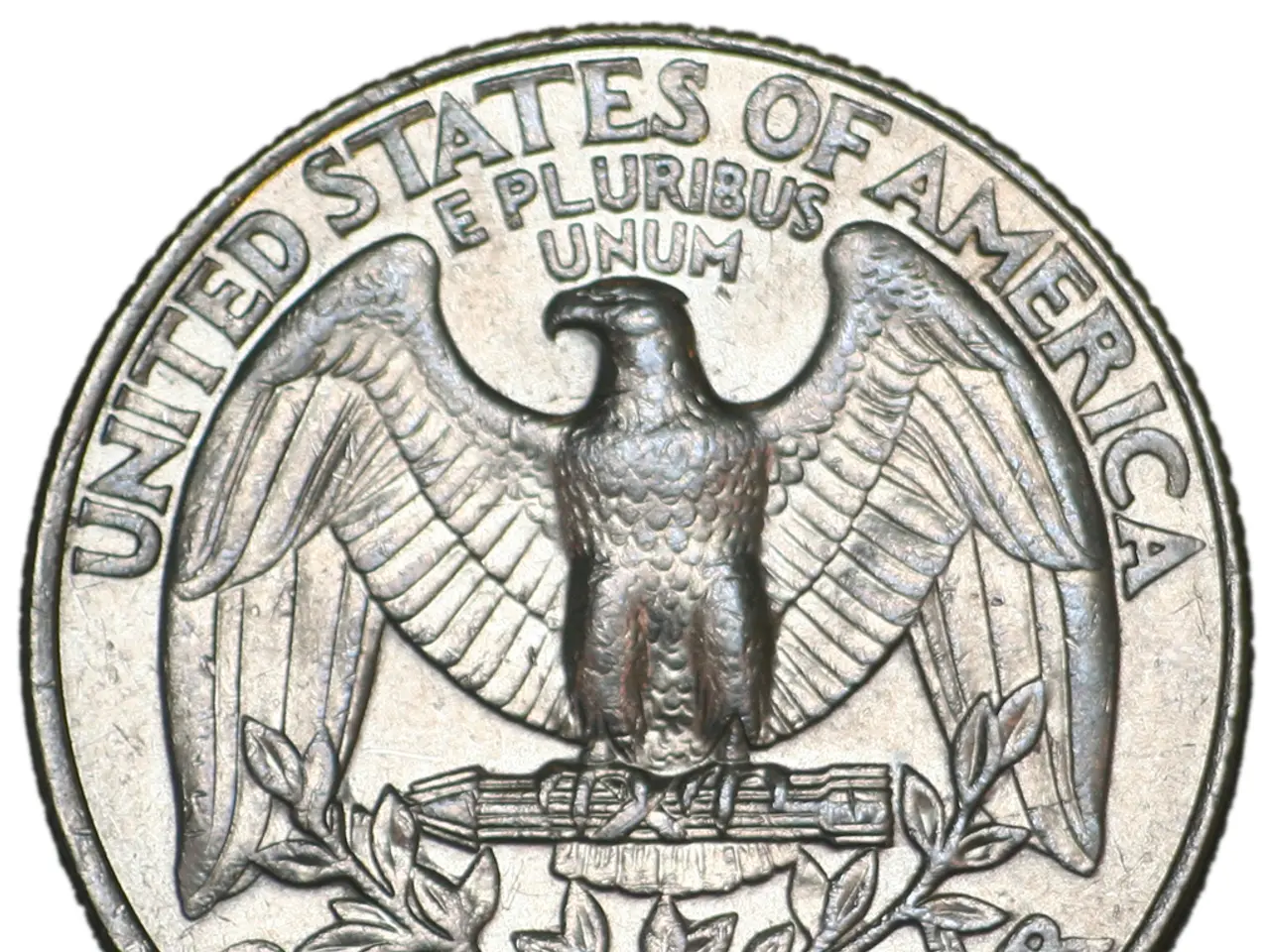Digital currency platform Circle introduces Paymaster, a new service enabling users to pay gas fees with USDC across various DeFi applications.
Paymaster Simplifies Gas Payments Across Multiple Blockchains
In a significant move towards streamlining the use of stablecoins for gas payments, Circle has launched Paymaster, a transaction processing interface that allows users to pay gas fees using the USDC stablecoin on various blockchain networks.
The launch of Paymaster was announced in a blog post on Thursday. The service is currently live on Arbitrum and Base networks, with plans to expand to Ethereum, Polygon PoS, and Solana in the coming months.
Paymaster is a permissionless on-chain utility designed to simplify gas payments across multiple blockchains. By acting as a smart contract, Paymaster sponsors gas fees on behalf of users within an Account Abstraction (ERC-4337) framework. This means that users can pay gas in USDC while Paymaster handles the conversion of USDC to native tokens and the payment of gas fees transparently.
The cross-chain functionality of Paymaster aims to eliminate the need for users to hold native tokens for apps on every blockchain they use. This not only simplifies the user experience but also reduces barriers to stablecoin payments.
On Arbitrum, for example, Paymaster retrieves the user's USDC balance, determines accurate USDC-to-ETH exchange rates, and deducts the precise USDC amount covering gas fees after the transaction completes. The paymaster updates all balances and records accordingly to maintain consistency.
Paymaster's cross-chain support is a significant step towards broader adoption of stablecoin payments. Other wallet implementations such as Bitget Wallet use a similar Paymaster system to sponsor gas fees directly, allowing for gas-free transactions on chains like Solana without users needing the native token.
To use Paymaster, users simply need to authorize the Paymaster (off-chain) to spend from their USDC balance. Paymaster then calculates the gas fee requirement in native token terms, converts it to USDC, deducts the equivalent USDC from the user’s balance, swaps it to native tokens on-chain, pays the gas fee, and finalizes the transaction without requiring users to hold native tokens like ETH or SOL.
Circle emphasizes the importance of launching Paymaster across multiple blockchains, as it solves a major friction point for on-chain transactions, paving the way for broader adoption of stablecoin payments. Currently, gas fees paid through Paymaster are waived until June 30.
It's important to note that Paymaster does not require users to hold a Circle Console account, and it is compatible with any ERC-4337 smart contract account (SCA). This makes Paymaster a versatile tool for simplifying gas payments across multiple blockchains.
In conclusion, Paymaster smart contracts enable users to pay gas fees using USDC by authorizing the Paymaster (off-chain) to spend from their USDC balance, calculating the gas fee requirement in native token terms, converting it to USDC, deducting equivalent USDC from the user’s balance, swapping it to native tokens on-chain, paying the gas fee, and finalizing the transaction without requiring users to hold native tokens like ETH or SOL. This mechanism greatly simplifies multi-chain transactions by leveraging a single stablecoin and abstracting away native token management for gas payments.
In the growing field of finance and technology, the launch of Paymaster on various blockchain networks is a significant stride towards simplifying multi-chain transactions using USDC stablecoin. This service, currently live on Arbitrum and Base networks, aims to expand to Ethereum, Polygon PoS, and Solana, potentially eliminating the need for users to hold native tokens for apps on every blockchain. By handling the conversion of USDC to native tokens and the payment of gas fees transparently, Paymaster could reduce barriers to stablecoin payments and improve the user experience in news surrounding finance and technology.




